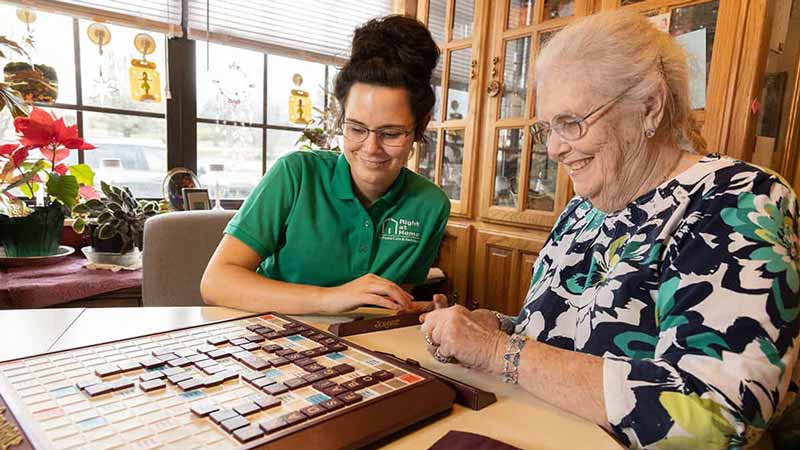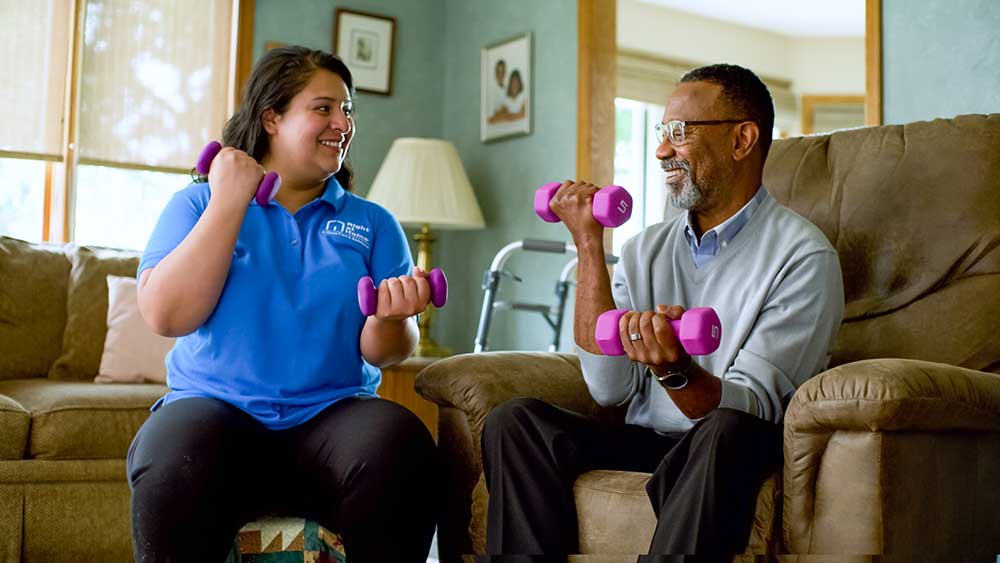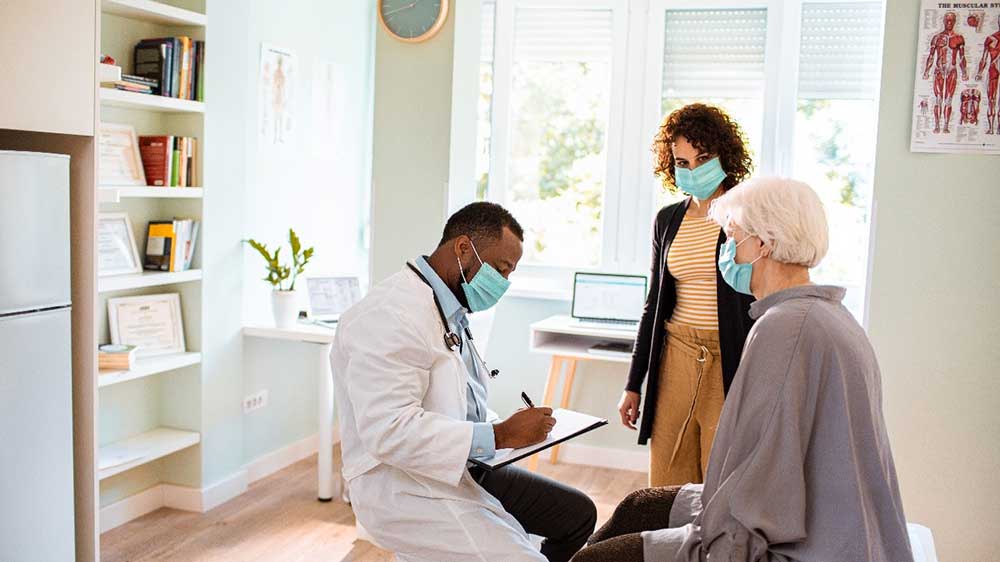

Coronavirus and Seniors
Protecting Seniors From Coronavirus
In recent weeks, the spread of the novel coronavirus (COVID-19) has impacted many areas of the world, including the United States. News about the pandemic has many concerned, especially for seniors, who are among the most vulnerable to this respiratory disease, according to the Centers for Disease Control and Prevention (CDC).
If you are concerned about keeping your senior loved ones safe, there are things you can do to help reduce the risk of contracting COVID-19.
Ways to Help Prevent and Prepare for the Coronavirus
- Stay home as much as possible.
- Stock up on your medications and supplies. Your doctor may be able to extend prescriptions, or you can use mail-order prescription services.
- Avoid touching your eyes, nose and mouth.
- Cover your cough or sneeze with a tissue, then throw the tissue in the trash.
- Wash your hands often with soap and water for at least 20 seconds, especially after going to the bathroom; before eating; and after blowing your nose, coughing or sneezing.
- If soap and water are not readily available, use an alcohol-based hand sanitizer with at least 60% alcohol.
- Clean and disinfect frequently touched objects and surfaces using a regular household cleaning spray or wipe.
- If you feel sick, contact your doctor.
- If you are not ill, you do not need to wear a facemask unless you are caring for an individual who is not able to wear one. Masks may be in short supply and should be reserved for caregivers and medical staff.
Symptoms of Coronavirus
The CDC believes that the symptoms of COVID-19 may appear in as few as two days or as long as 14 days after exposure. Reported illnesses from confirmed cases ranged from mild symptoms, such as fever and cough, to more severe symptoms, including weakness, difficulty breathing, pneumonia, and severe acute respiratory syndrome. Symptoms can be similar to the common cold and flu, so contact your primary physician for support and recommendations if you have any respiratory illness symptoms.
Tips to Help Stop the Spread of COVID-19 if You Are Sick
- Call before visiting your doctor.
- Stay home except to get medical care. You should avoid public areas and public transportation.
- Isolate yourself from other people and animals in your home.
- Wear a facemask if you are around others.
- Cover your cough or sneeze with a tissue, then throw the tissue in the trash.
- Do not share personal household items. Dishes, eating utensils, drinking glasses, towels and bedding should not be shared with people or pets. Thoroughly wash these items after use.
- Clean high-touch areas daily. These areas include counters, tabletops, doorknobs, bathroom fixtures, toilets, phones, keyboards, tablets and bedside tables.
- Monitor your symptoms and follow the instructions provided by your local health department.
For more information and the latest updates, check out the CDC and the World Health Organization (WHO) pages on COVID-19.
*Disclaimer: The information is for general purposes only and is not intended as a substitute for professional medical advice, diagnosis or treatment.







